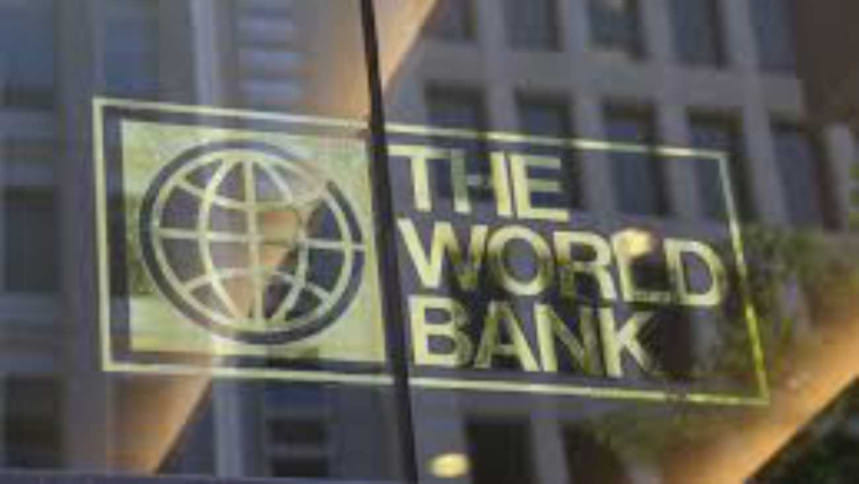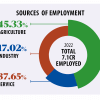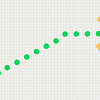Interest on WB funds to double

The cost of funds that Bangladesh gets from the World Bank is likely to double the next fiscal year, thanks to a rise in the country's per capita income.
Bangladesh is set to graduate from its current “IDA-only” status to the “gap” status since its gross national income per capita crossed the $1,165-mark last fiscal year and is on course to repeating it this year too.
To continue to get loans at concessionary terms from the International Development Association (IDA), the arm of the World Bank Group which hands out loans and grants to the world's poorest developing countries, Bangladesh's GNI per capita has to be less than $1,165.
In 2015, Bangladesh graduated to the lower middle-income bracket with per capita income of $1,190, as per the WB criteria. The per capita income has been ascending since.
The IDA-only cut-off in 2015 was more than $1,200 and so Bangladesh was still eligible for loans at concessionary interest rates.
If the country manages to stay above the cut-off of $1,165 for two consecutive years, credits will become expensive: the rate of interest on WB loans will jump from 1.25 percent to 2.62 percent.
Bangladesh managed to do it in fiscal 2016-17 and is set to do so again this year.
A country attains gap status when its graduation from IDA is imminent because its per capita income has consistently exceeded the IDA operational per capita income cutoff, but has very limited creditworthiness.
According to the Bangladesh Bureau of Statistics, the per capita income was $1,465 in fiscal 2015-16 and last fiscal year.
As per the WB's own estimation, it was, however, $1,330 and $1,480.
The service charge on IDA loans is 0.75 percent. In addition, there is a 0.25 percent front-end fee and 0.25 percent commitment charge. The repayment period is 38 years including six years' grace period.
But as per the new plan, the rate of interest and other charges would be 2.62 percent. The repayment period is 30 years including a grace period of five years.
The WB has informed the finance ministry along with several others about the impending changes in the terms and conditions of its loans last week.
“If any country becomes richer and the quality of life there improves, its concessional credit will shrink, and this is natural,” said Zaid Bakht, former research director of the Bangladesh Institute of Development Studies.
But in case of Bangladesh, it is the quality of the projects and their timely implementation that is more important than the cost of funds.
“If the project is good and it can be implemented on time, the cost will be much lower," Zaid added.
Though the rate of interest on WB loans is increasing, it is still much lower than on other commercial loans.
Bangladesh gets the highest amount of loans from the WB among its multilateral and bilateral development partners. In the last several years, Bangladesh received more than $1 billion in loans annually from the WB.
After the WB, the country borrows from the Asian Development Bank, whose interest rate is 2 percent and LIBOR-based.
Among the bilateral donors, Bangladesh is set to receive a big amount of loan from China in the near future.
The interest rate on the Chinese loan is 2 percent. In addition, 0.4 percent other charges are applicable and the repayment period is 20 years including five years' grace period.
However, in case of Chinese soft loan, the government of that country selects bidders or suppliers. There is no scope for competitive bidding.

 For all latest news, follow The Daily Star's Google News channel.
For all latest news, follow The Daily Star's Google News channel. 








Comments